Summaries of books about European History:
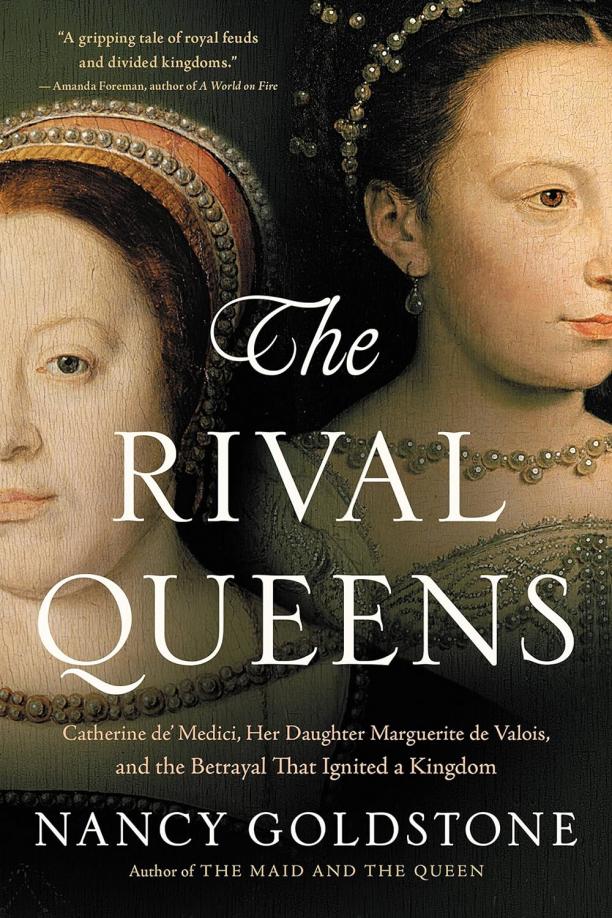
The Rival Queens
Catherine de' Medici, Her Daughter Marguerite de Valois, and the Betrayal that Ignited a Kingdom
Nancy Goldstone
The book delves into the tumultuous relationship between Catherine de' Medici and her daughter Marguerite de Valois against the backdrop of the religious and political upheaval of 16th-century France. It explores the dynamics of power, betrayal, and the role of these two influential women during the Wars of Religion and the infamous St. Bartholomew's Day Massacre.
See full summary
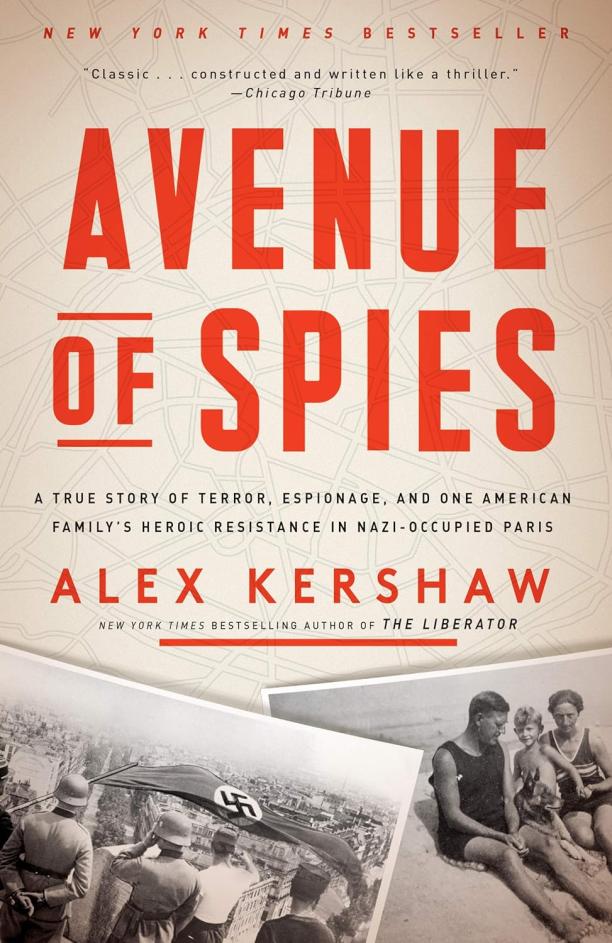
Avenue of Spies
A True Story of Terror, Espionage, and One American Family's Heroic Resistance in Nazi-Occupied Paris
Alex Kershaw
The book chronicles the experiences of American doctor Sumner Jackson and his family, who lived on the titular avenue in Paris and joined the French Resistance during World War II. It details their dangerous espionage activities against the Nazis, culminating in their ultimate sacrifice for the cause of freedom.
See full summary
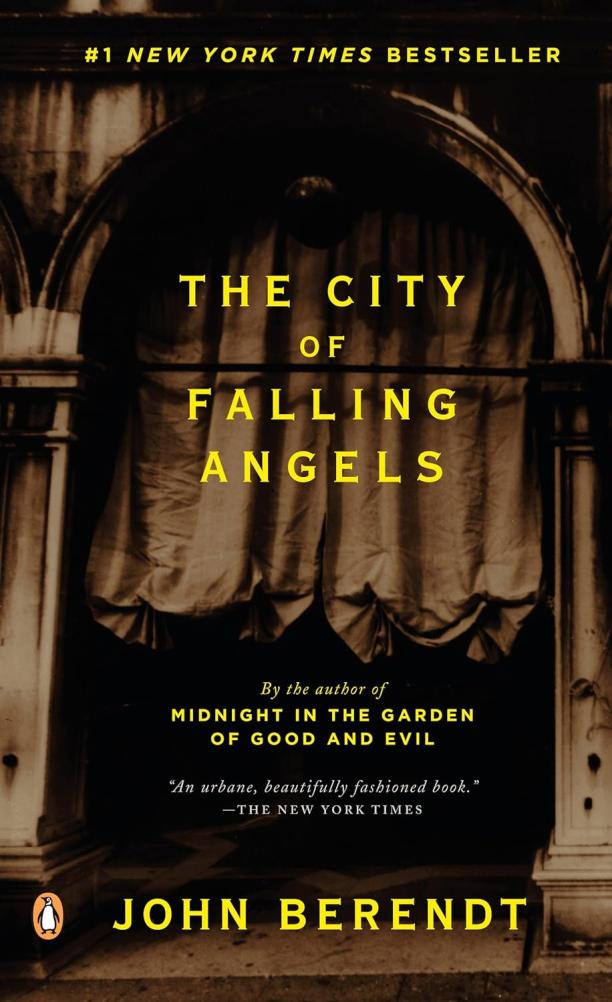
The City of Falling Angels
John Berendt
The non-fiction narrative delves into the mysterious 1996 fire that destroyed the historic La Fenice opera house in Venice, Italy, and explores the city's captivating residents, their intrigues, and the rich cultural tapestry that defines Venice. It weaves a tale of art, history, and scandal, revealing the complex social dynamics and decay threatening the city's future.
See full summary
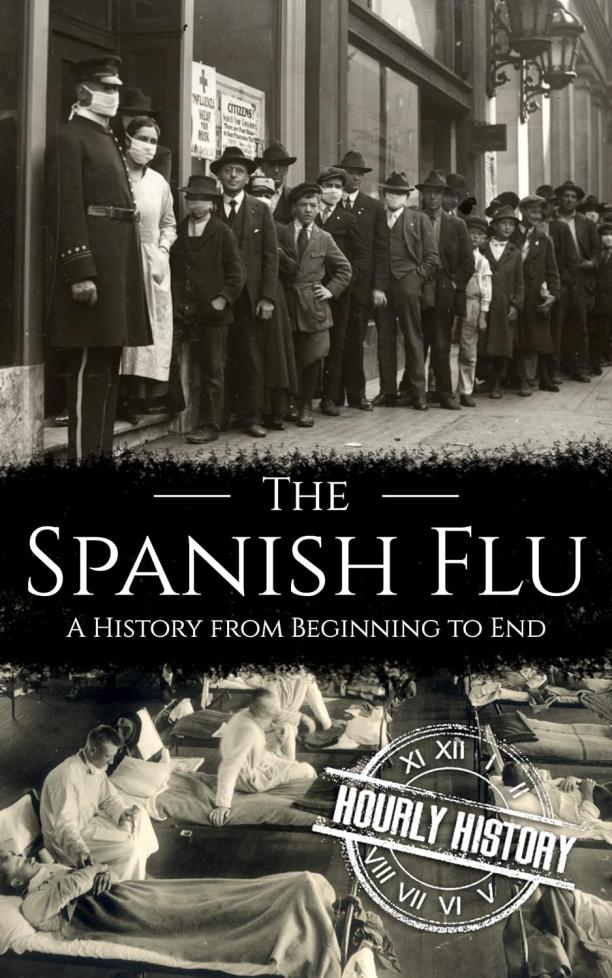
The Spanish Flu
A History from Beginning to End
Hourly History
The book provides a concise overview of the 1918 influenza pandemic, detailing its origins, global spread, and impact on society. It examines the medical response, public health measures, and the lasting effects of the pandemic on the world.
See full summary
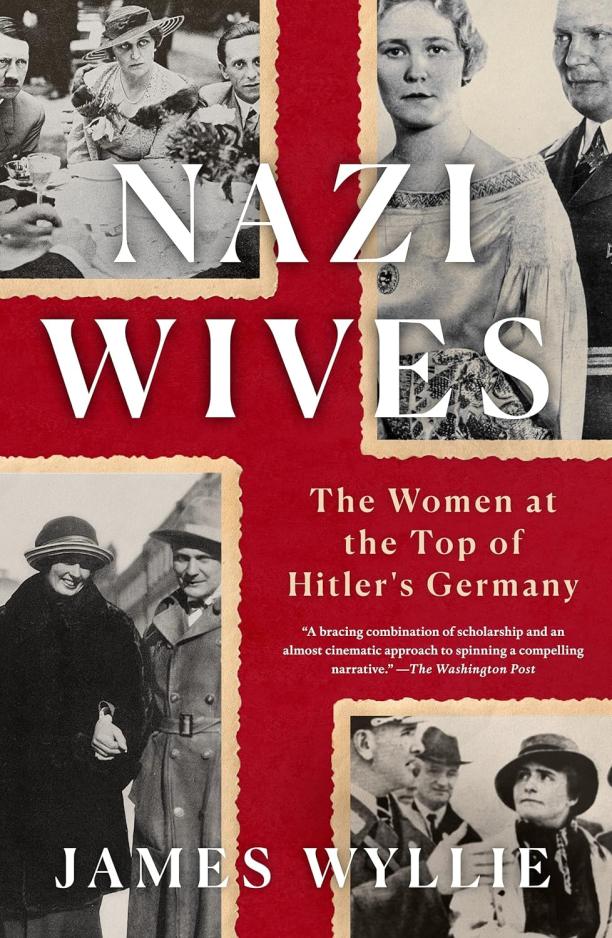
Nazi Wives
The Women at the Top of Hitler's Germany
James Wyllie
The book delves into the lives and roles of the wives of prominent Nazi officials, exploring their complicity, influence, and experiences within the Third Reich's inner circle. It examines how these women supported and benefited from the regime's power, as well as their fates after the fall of Nazi Germany.
See full summary
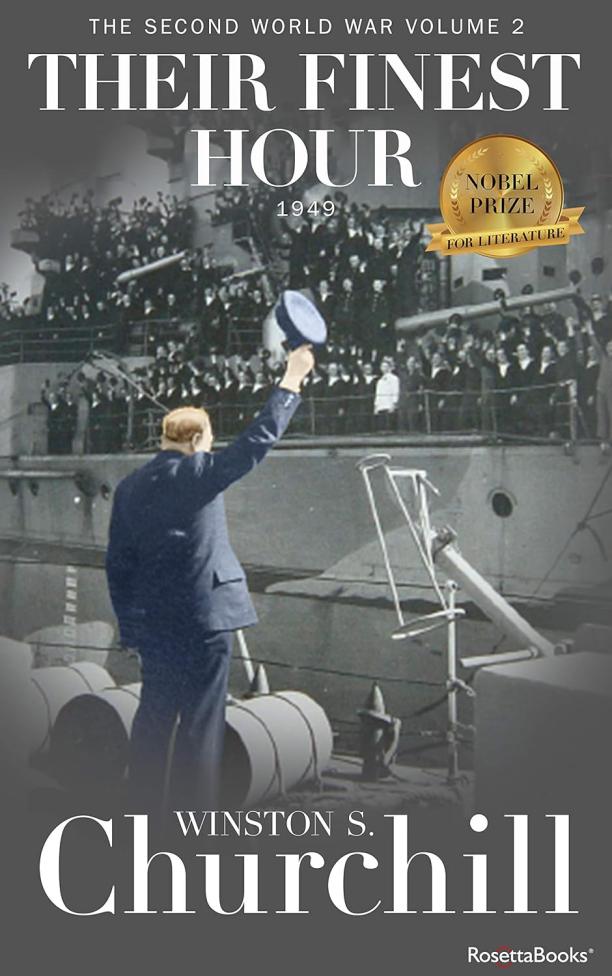
Their Finest Hour
Winston S. Churchill
The book provides a detailed account of the early years of World War II, focusing on the period from the fall of France to the end of the Battle of Britain. It highlights the political, strategic, and military decisions faced by the British leadership, as well as the resilience of the British people during a time of intense conflict and uncertainty.
See full summary
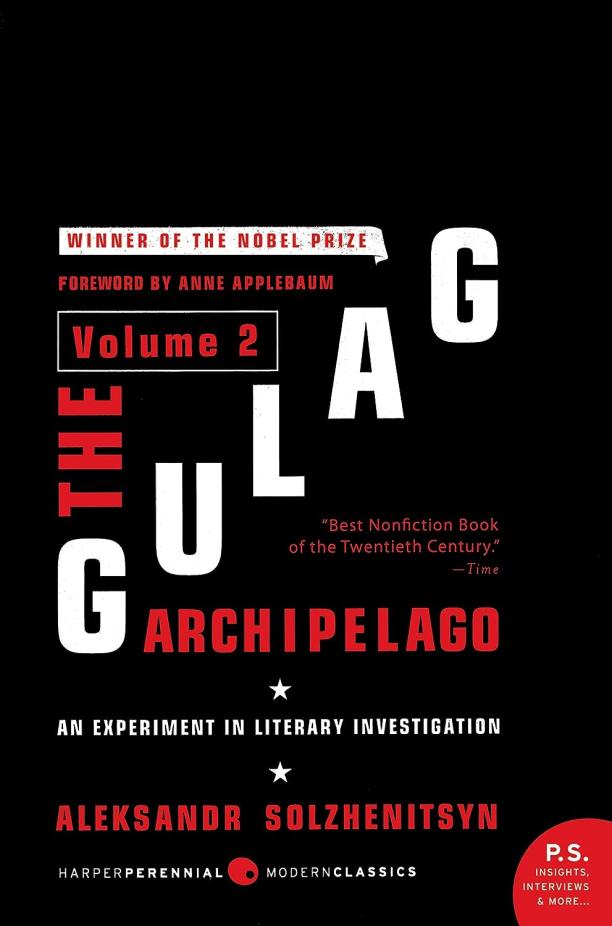
The Gulag Archipelago [Volume 2]
An Experiment in Literary Investigation
Aleksandr Solzhenitsyn
The second volume of this historical work delves deeper into the Soviet labor camp system, examining the daily life and struggles of prisoners, as well as the broader implications of the camps on Soviet society. It combines personal narratives with analysis to expose the brutality and inhumanity of the Gulag, while also reflecting on the resilience of the human spirit in the face of oppression.
See full summary
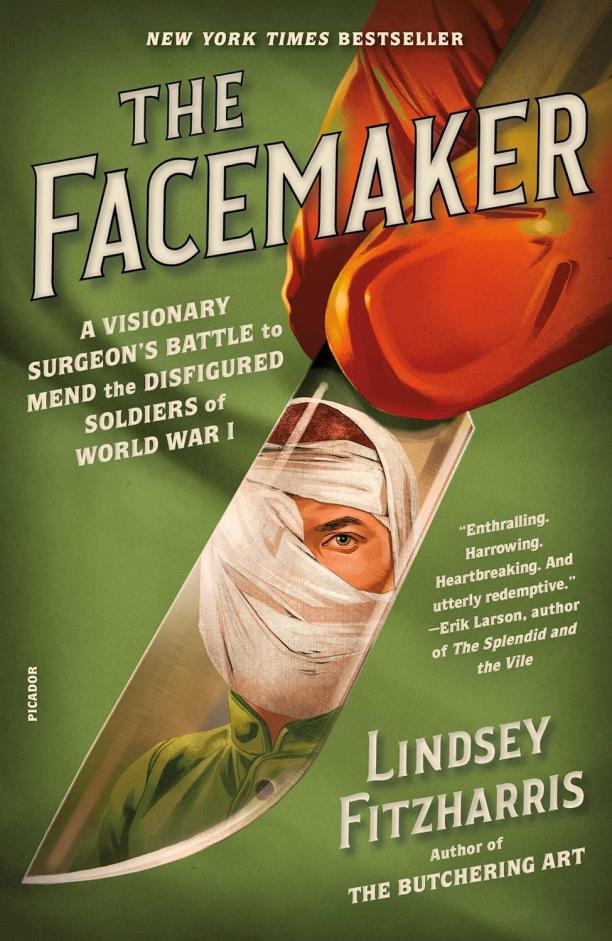
The Facemaker
A Visionary Surgeon's Battle to Mend the Disfigured Soldiers of World War I
Lindsey Fitzharris
The book chronicles the pioneering work of Sir Harold Gillies, a surgeon who developed groundbreaking techniques in plastic surgery to reconstruct the faces of soldiers disfigured during World War I. It delves into the personal stories of the patients, the evolution of surgical methods, and the impact of Gillies' work on modern reconstructive surgery.
See full summary
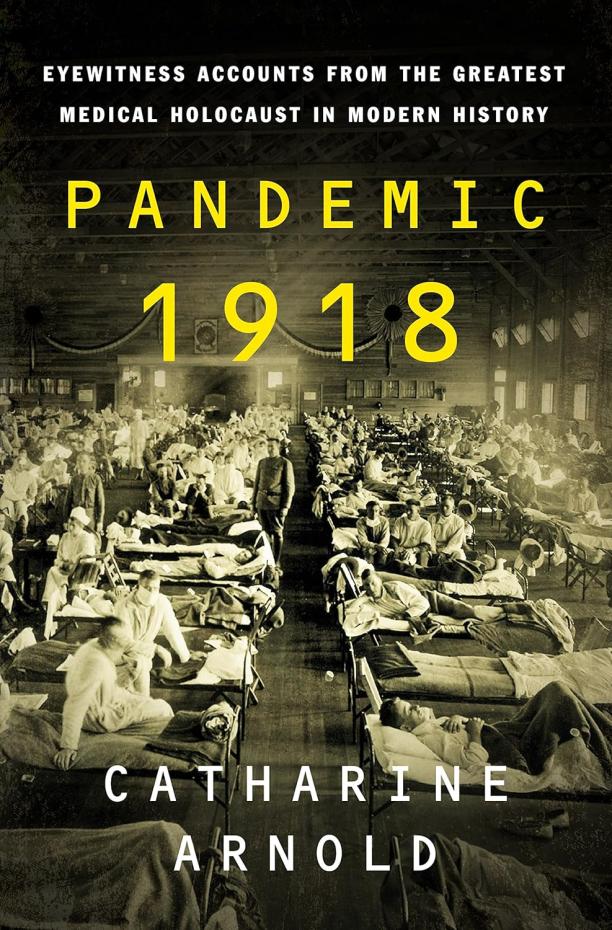
Pandemic 1918
Eyewitness Accounts from the Greatest Medical Holocaust in Modern History
Catharine Arnold
The book presents a collection of personal narratives and eyewitness testimonies from individuals who lived through the influenza pandemic of 1918, offering a vivid portrayal of the global impact and human suffering caused by the outbreak. It also examines the medical community's response to the crisis and the lasting effects of the pandemic on society.
See full summary
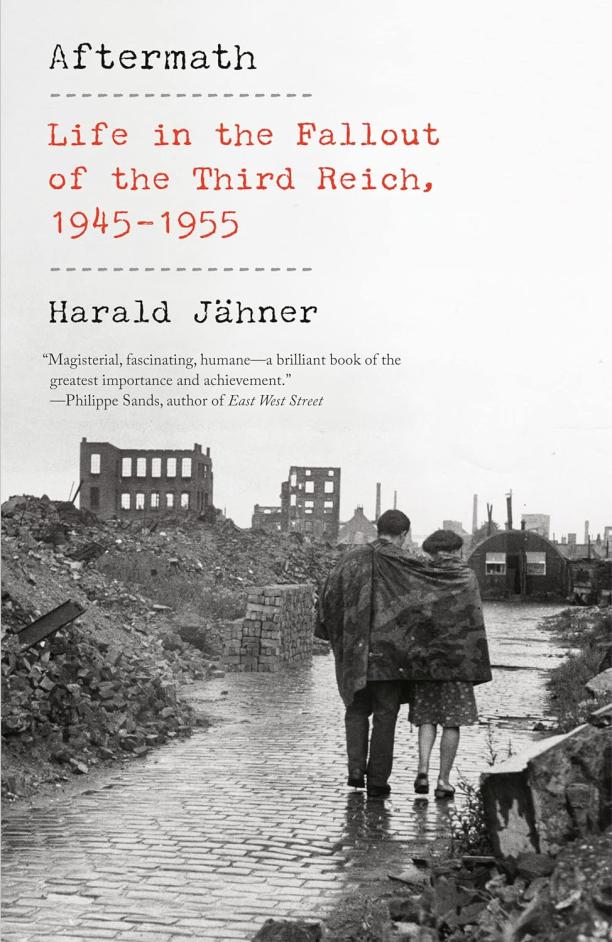
Aftermath
Life in the Fallout of the Third Reich, 1945-1955
Harald Jähner
The book delves into the transformative decade following the end of World War II in Germany, exploring how the German people navigated the ruins of their country, dealt with the consequences of the war, and began to rebuild their lives amidst the physical and psychological devastation. It examines the cultural, social, and economic aspects of post-war recovery, including the complexities of guilt, memory, and the challenging process of denazification and democratization.
See full summary